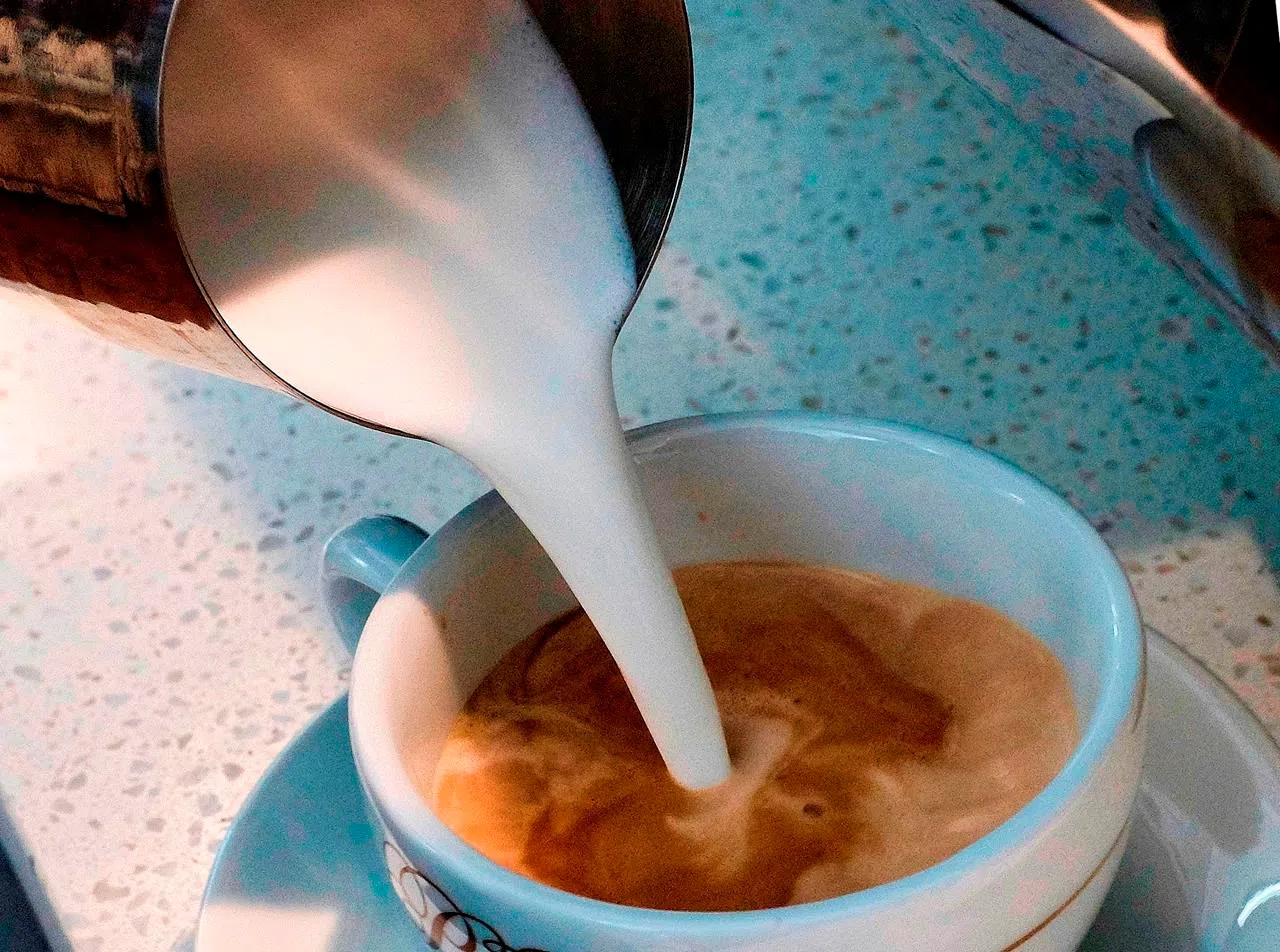
California Judge: Coffee needs cancer warnings
LOS ANGELES — A Los Angeles judge ruled that California law requires coffee companies to carry an ominous cancer warning label because of a chemical produced in the roasting process.
Superior Court Judge Elihu Berle wrote in a proposed ruling Wednesday that Starbucks and other coffee companies failed to show that the threat from the chemical was insignificant.
The Council for Education and Research on Toxics, a non-profit group, sued Starbucks and about 90 other companies, including grocery stores and retail shops, under a state law that requires warnings on a wide range of chemicals that can cause cancer. One of those chemicals is acrylamide, a carcinogen present in coffee.
“While plaintiff offered evidence that consumption of coffee increases the risk of harm to the fetus, to infants, to children and to adults, defendants’ medical and epidemiology experts testified that they had no opinion on causation,” Berle wrote. “Defendants failed to satisfy their burden of proving … that consumption of coffee confers a benefit to human health.”


